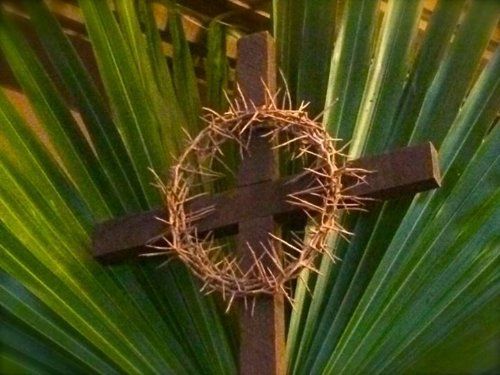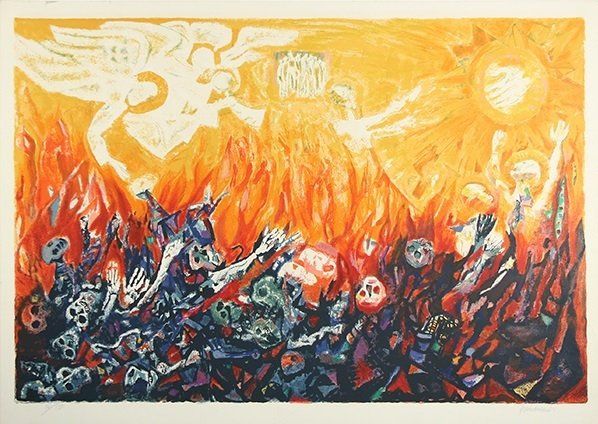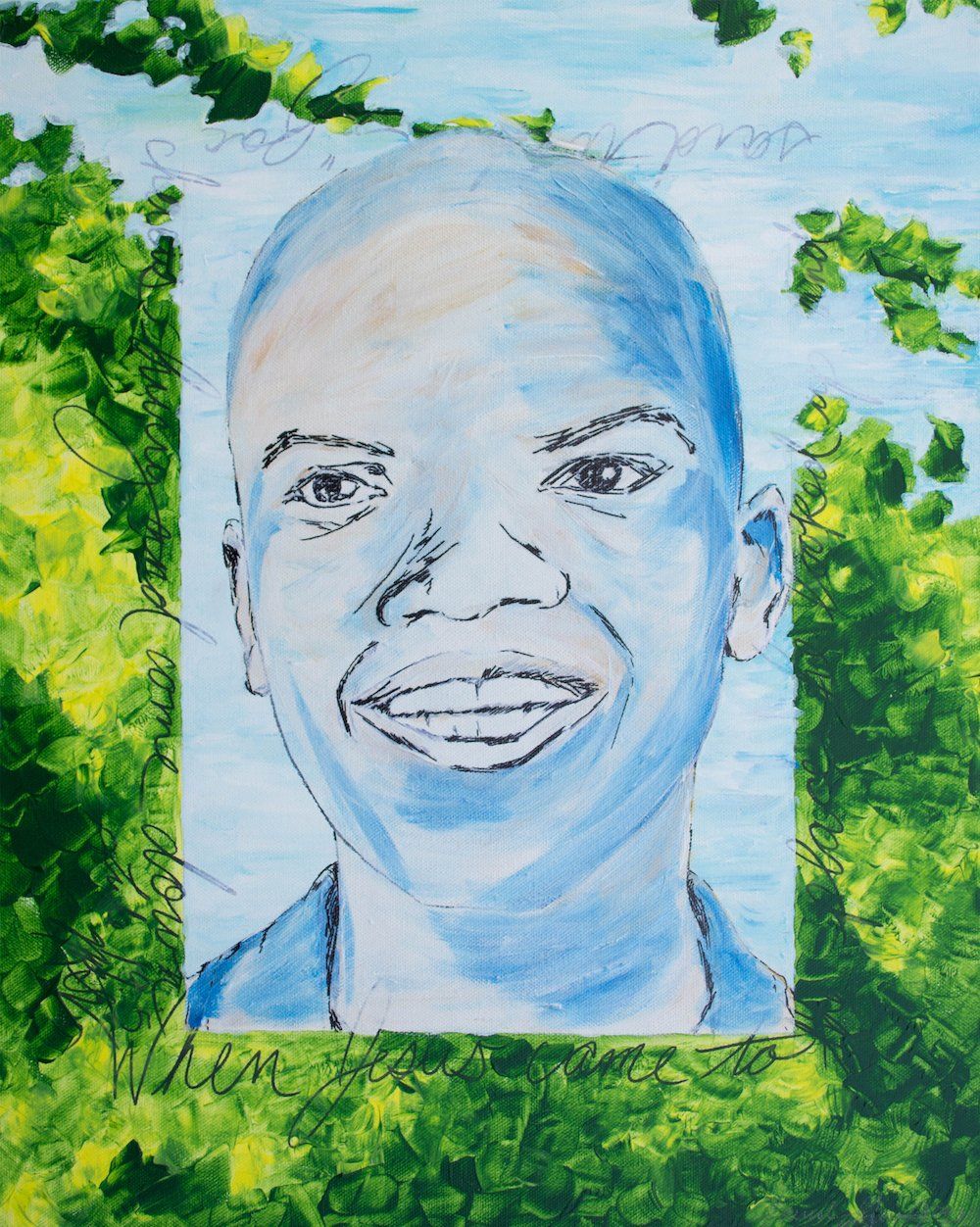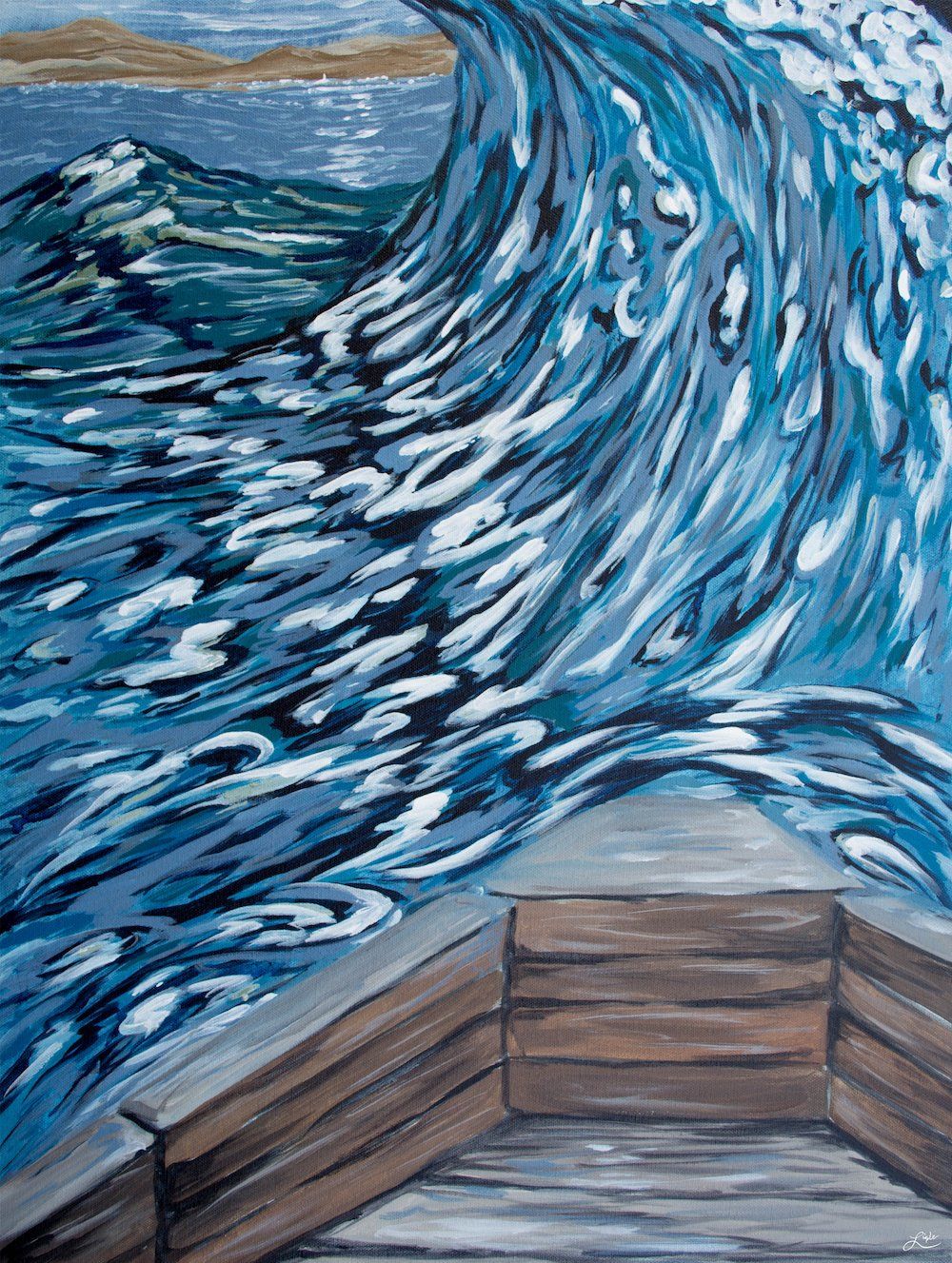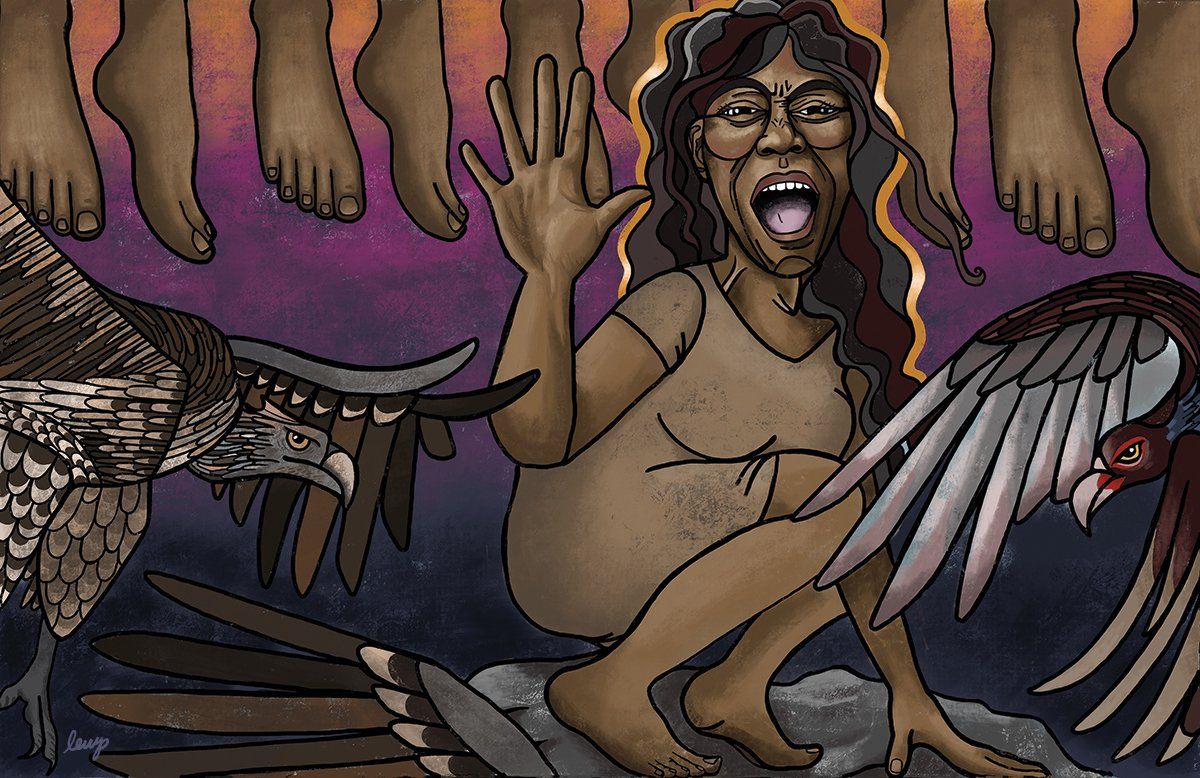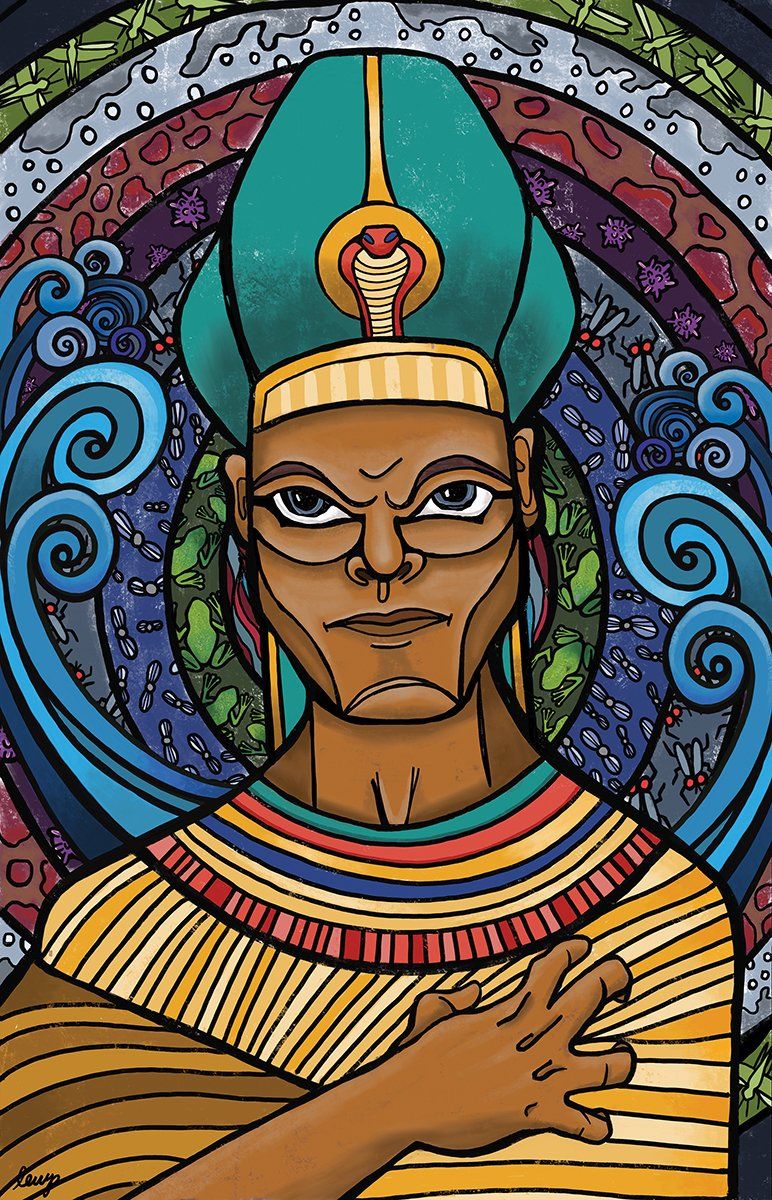How My Comedy Class was like Church
This past summer, I got the urge to try something new and different. I occasionally find myself needing a creative outlet and space where I don’t have to be “the minister”. Having gone to a show in the spring at the famous Second City in Toronto, an idea came to mind. What if I took a stand-up comedy class? “I’m funny. I could do that!” I thought. I have also always been drawn to the lives of comedians and their proclivity for highlighting some of the most beautiful and painful aspects of the human condition. (As an aside, if you haven’t read Steve Martin’s Born Standing Up, check it out.) So I signed up and then immediately subjected my spouse to weeks of, “Ooh…I could do a bit on this! or that!” He was patient and polite, as always, reminding me that I didn’t have to prepare ahead of time. That’s what the class was for. Our class turned out to be quite a diverse mix. Ages ranged from early twenties to mid-fifties. We were atheists and Christians, retired principals and magicians, people who wanted to do this professionally and those who just wanted people to laugh at them (in the good way). Some of us were new to Canada, one of us was legally blind, and all of immediately wondered if we had made a mistake during our first class. After a shy beginning, though, we found ourselves opening up to one another in the subsequent classes, getting braver and more vulnerable. Our goal: write and perform one 5-minute set for an audience of friends and family. While it seemed impossible at the start, miraculously, we all made it. Leaving a bittersweet final class and celebratory dinner with my classmates, I’ve been reflecting on what this type of experience might have to teach the church. Here are some ways this class felt like church to me: A sense of community was formed around a shared passion – not familial or even geographic lines, not ethnic or cultural lines. We all just loved laughing and making people laugh. We were open and honest with one another. I heard and shared things in our class that I have never heard or shared in church in such an open way. The class, in crafting jokes and building their sets, shared about challenges with mental health, relationships, identity and former run-ins with the law. Now, this kind of vulnerability was possible in large part because these folks were awesome, generous, open-minded people, and our teacher gave lots of attention and time to everyone. But it made me wonder why these sorts of struggles aren’t often shared so openly in church communities. Why do we feel they must be relegated to whispers only in the minister’s office? Why do we feel we must always bring our best selves to church? In our class,we trusted one another, complete strangers, with our sense of shortcomings and regrets. How can we do that more in church? We took risks and created something new. The most fascinating part of this process to me was watching everyone’s process – going from maybe one, somewhat wonky, joke at the beginning of our class to a full, hilarious, set. This took being willing to bring in some real comedic garbage – jokes that just didn’t work. It took the ability to risk failing, and to be able to say, “Okay, this joke is kind of working, but something is off. Can you help?” and then listening to one another offer feedback. In the church, we can often limit ourselves by being afraid of failure, or giving up on something when it doesn’t work perfectly the first time. Great comedians have a way of making their jokes seem effortless – as if they’re just coming up with them on the spot. The reality, though, is those jokes take years of practice and tweaking to get just right. They take years of listening to the audience for feedback and guidance. Perhaps we need to see ministry as more of a creative endeavour, worth the risks and time it takes to get right. Of course, in a lot of ways, the class was not like church. For one, aside from being brought together by a shared passion, we were also brought together by a shared ability to pay for the class. Also, there was no outreach involved in our time together, and in fact, we recognized the selfishness of comedy - the “audacity” of it as our instructor, Todd, would say to demand that people listen to me and let me try to make them laugh. So the metaphor does fall short. Still, I am so grateful for this class – for the friends I’ve made, and ways I was challenged. Who knows? I may even attempt some open mics in the not too distant future. Whether or not I do, I hope to infuse ministry and our life together at Erindale with some of the passion, creativity, vulnerability and laughter I picked up in my class. We may not always get everything right all the time, but as Steve Martin says, “Thankfully, persistence is a great substitute for talent.” -Rev. Brenna Baker
This past summer, I got the urge to try something new and different. I occasionally find myself needing a creative outlet and space where I don’t have to be “the minister”. Having gone to a show in the spring at the famous Second City in Toronto, an idea came to mind. What if I took a stand-up comedy class? “I’m funny. I could do that!” I thought. I have also always been drawn to the lives of comedians and their proclivity for highlighting some of the most beautiful and painful aspects of the human condition. (As an aside, if you haven’t read Steve Martin’s Born Standing Up, check it out.) So I signed up and then immediately subjected my spouse to weeks of, “Ooh…I could do a bit on this! or that!” He was patient and polite, as always, reminding me that I didn’t have to prepare ahead of time. That’s what the class was for.
Our class turned out to be quite a diverse mix. Ages ranged from early twenties to mid-fifties. We were atheists and Christians, retired principals and magicians, people who wanted to do this professionally and those who just wanted people to laugh at them (in the good way). Some of us were new to Canada, one of us was legally blind, and all of immediately wondered if we had made a mistake during our first class.
After a shy beginning, though, we found ourselves opening up to one another in the subsequent classes, getting braver and more vulnerable. Our goal: write and perform one 5-minute set for an audience of friends and family. While it seemed impossible at the start, miraculously, we all made it.
Leaving a bittersweet final class and celebratory dinner with my classmates, I’ve been reflecting on what this type of experience might have to teach the church. Here are some ways this class felt like church to me:
- A sense of community was formed around a shared passion – not familial or even geographic lines, not ethnic or cultural lines. We all just loved laughing and making people laugh.
- We were open and honest with one another. I heard and shared things in our class that I have never heard or shared in church in such an open way. The class, in crafting jokes and building their sets, shared about challenges with mental health, relationships, identity and former run-ins with the law. Now, this kind of vulnerability was possible in large part because these folks were awesome, generous, open-minded people, and our teacher gave lots of attention and time to everyone. But it made me wonder why these sorts of struggles aren’t often shared so openly in church communities. Why do we feel they must be relegated to whispers only in the minister’s office? Why do we feel we must always bring our best selves to church? In our class,we trusted one another, complete strangers, with our sense of shortcomings and regrets. How can we do that more in church?
- We took risks and created something new. The most fascinating part of this process to me was watching everyone’s process – going from maybe one, somewhat wonky, joke at the beginning of our class to a full, hilarious, set. This took being willing to bring in some real comedic garbage – jokes that just didn’t work. It took the ability to risk failing, and to be able to say, “Okay, this joke is kind of working, but something is off. Can you help?” and then listening to one another offer feedback. In the church, we can often limit ourselves by being afraid of failure, or giving up on something when it doesn’t work perfectly the first time. Great comedians have a way of making their jokes seem effortless – as if they’re just coming up with them on the spot. The reality, though, is those jokes take years of practice and tweaking to get just right. They take years of listening to the audience for feedback and guidance. Perhaps we need to see ministry as more of a creative endeavour, worth the risks and time it takes to get right.
Of course, in a lot of ways, the class was not like church. For one, aside from being brought together by a shared passion, we were also brought together by a shared ability to pay for the class. Also, there was no outreach involved in our time together, and in fact, we recognized the selfishness of comedy - the “audacity” of it as our instructor, Todd, would say to demand that people listen to me and let me try to make them laugh. So the metaphor does fall short.
Still, I am so grateful for this class – for the friends I’ve made, and ways I was challenged. Who knows? I may even attempt some open mics in the not too distant future. Whether or not I do, I hope to infuse ministry and our life together at Erindale with some of the passion, creativity, vulnerability and laughter I picked up in my class. We may not always get everything right all the time, but as Steve Martin says, “Thankfully, persistence is a great substitute for talent.”
-Rev. Brenna Baker
